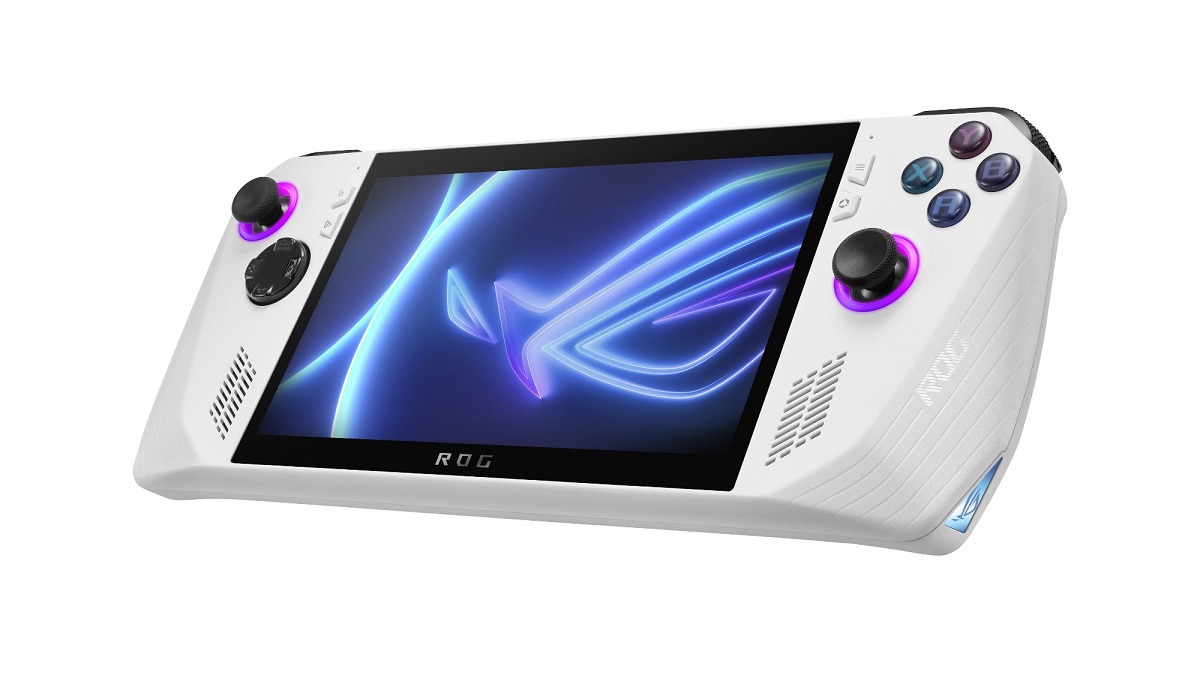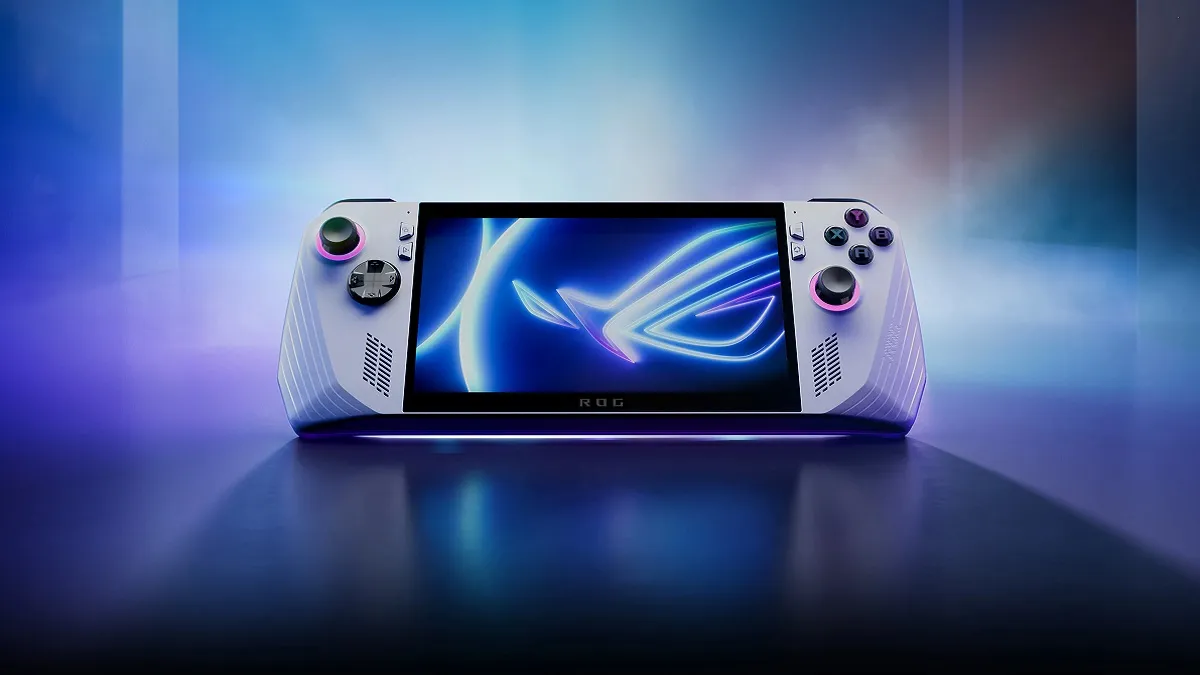How will valve react?
Those of you who have been waiting for the new ASUS ROG Ally handheld, the day has finally arrived. Although it was only announced back in April, with many even thinking it was a prank, it’s nice to see some Steam Deck competition on the market.
With the Ally now out, we can truly see what PC handhelds can offer those looking for gaming on the go. While Valve’s Deck device has been the front-runner so far, time will tell whether ASUS can make as big an impact.
Where the ROG Ally differs from the Steam Deck is in its potential to be a better machine. For example, while the latter has a Ryzen Zen 2 CPU and RDNA 2 graphics, the former has the newer Zen 4 processor as well as RDNA 3. The Ally is also said to be lighter. It’s also running Windows 11, which will be one of the most immediate differences on the software side, compared to the Deck’s operating system which runs off the Linux-powered Proton.

However, at the moment, the Ally only comes in one model, which features 512 GB of storage. By comparison, the Steam Deck has three variants, each with different SSD capacities, though 512 is the maximum out-the-box. Both devices do have Micro SD slots, though, for additional storage.
So what about the price? This is where the ASUS ROG Ally falls down ever so slightly. While the Valve machine can set you back around $649, the alternative is paying almost $700 for the ASUS brand. That’s not a huge difference, and it is still cheaper than a gaming PC. On top of that, you are getting updated hardware and it being loaded with Windows means the Ally is probably going to be better in terms of game compatibility.
You can find more details on what the ROG offers from the ASUS website. No doubt Valve will have something up its sleeve to arm its latest competitor out the way, so it will be interesting to see what the Half-Life developer comes up with.














Published: Jun 13, 2023 08:30 am